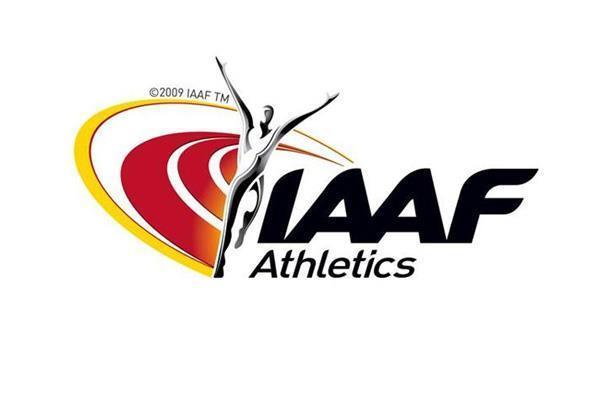Monaco, Feb 2, 2015: The disciplinary cases concerning the anti-doping rule violations of Tatiana Chernova and Yulia Zaripova, notified by RUSADA at the end of last week, are the latest illustration of the robustness of the IAAF anti-doping programme.
The case of Yulia Zaripova was based upon irregularities in her Athlete Biological Passport (ABP) profile constituted and built-up by the IAAF in the framework of its doping control programme.
This was the same for the five Russian race walkers whose sanctions were also announced by RUSADA a fortnight ago.
More than 40 elite athletes have now been sanctioned on the basis of abnormal ABP profiles from the IAAF testing programme.
Tatiana Chernova tested positive as a result of a re-analysis ordered by the IAAF of her sample collected at the 2009 IAAF World Championships in Berlin.
The IAAF has systematically been re-testing samples from major championships, notably with five athletes sanctioned – and one case still pending – after the retesting in 2013 of samples taken from the 2005 World Championships in Helsinki.
Samples collected by the IAAF in-competition and out-of-competition are transferred to the WADA accredited laboratory in Lausanne for long term storage in accordance with the IAAF retesting policy.
As IAAF President Lamine Diack commented at the time of those Helsinki re-tests, “The IAAF’s message to cheaters is increasingly clear that there is no place to hide”.
PLEASE NOTE: with specific reference to the sanctions announced by RUSADA concerning Chernova and Zaripova, and the five race walkers Kaniskina, Bakulin Borchin, Kanaykin and Kirdyapkin, the IAAF will not comment until it has received the full reasoned decisions in writing from RUSADA. The IAAF Doping Review Board will then judge their compliance to IAAFanti-doping rules, which are in strict accordance with those of WADA, and will have 45 days to appeal. —- IAAF


Leave a Reply
You must be logged in to post a comment.